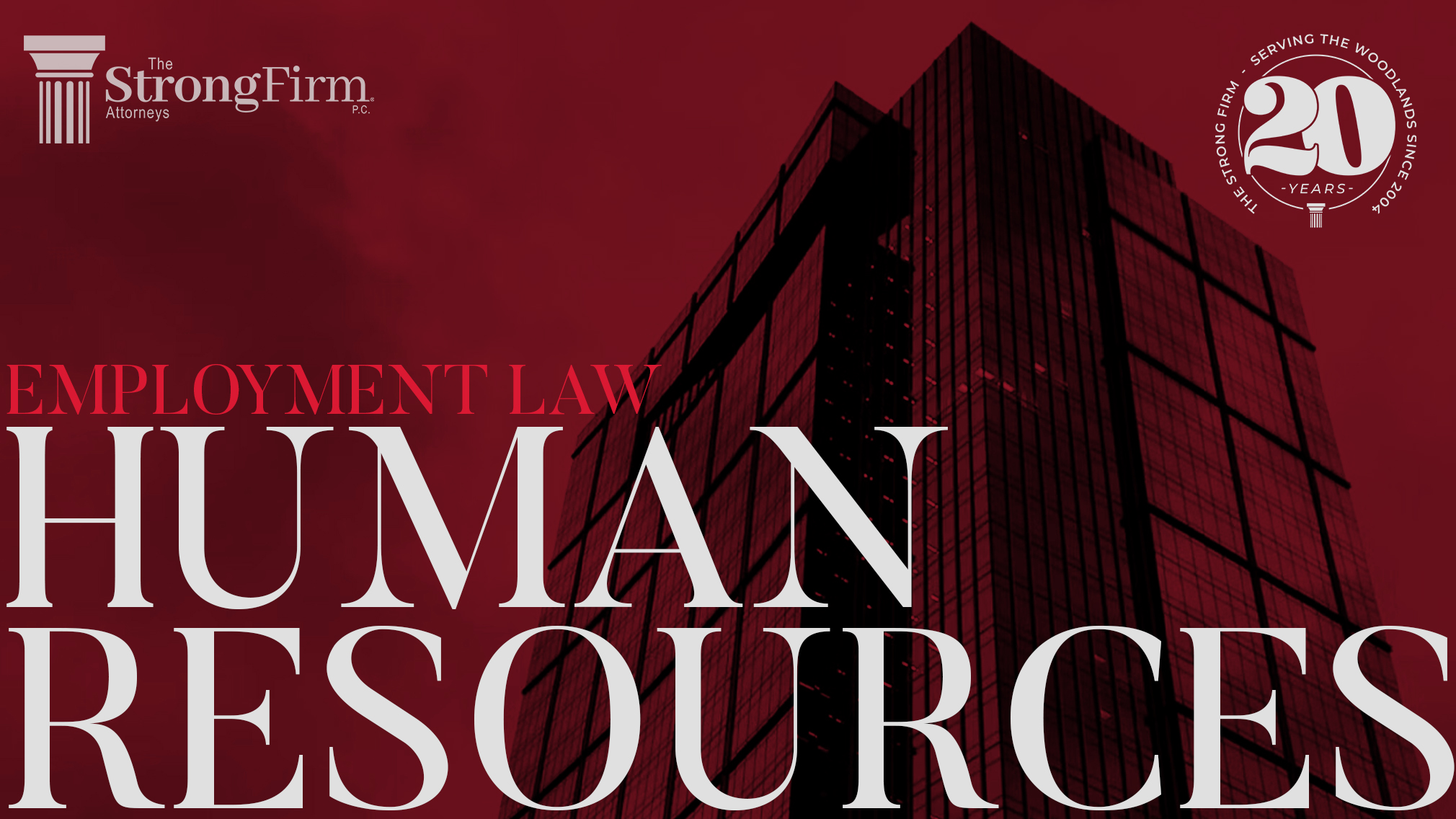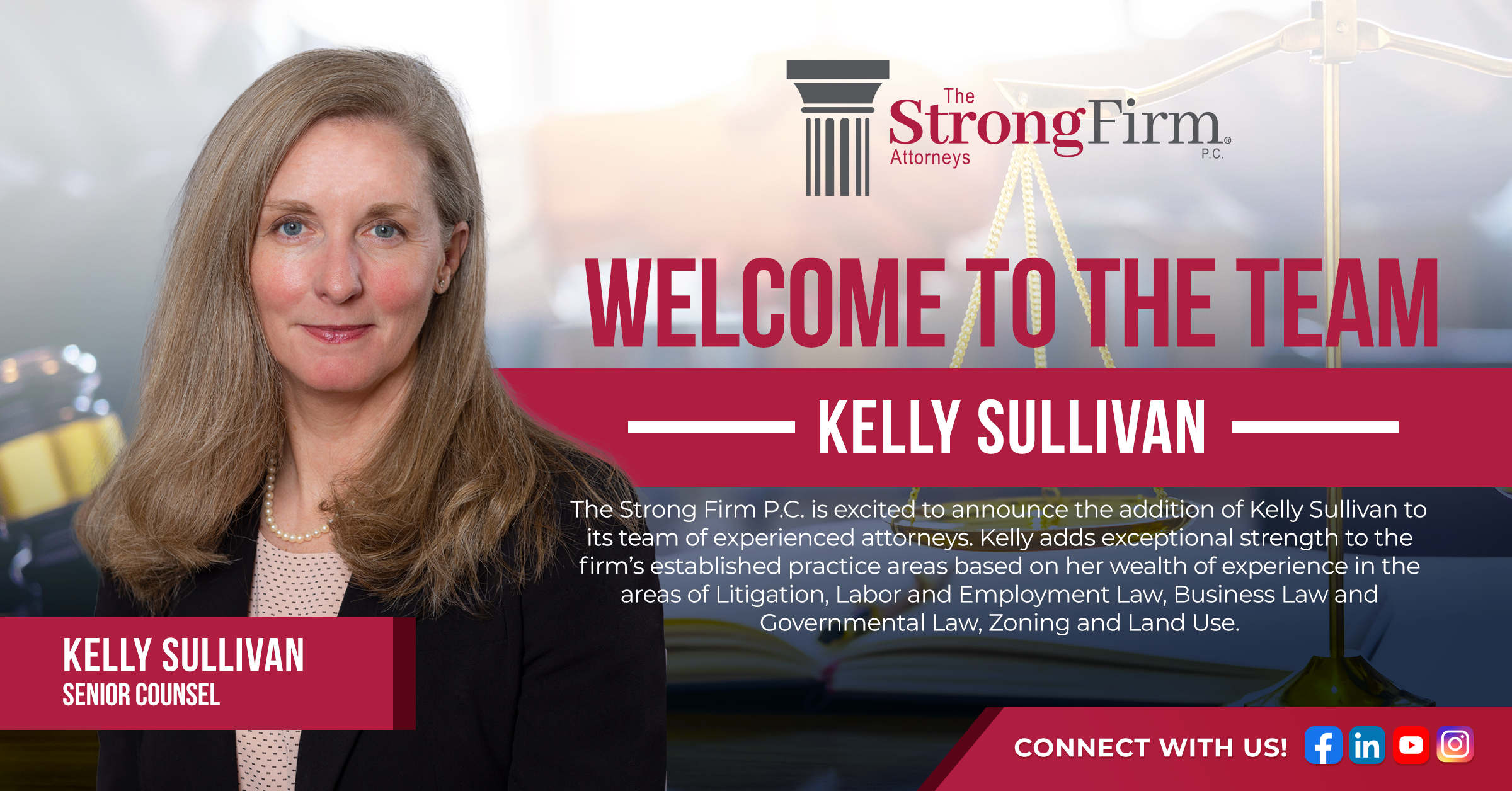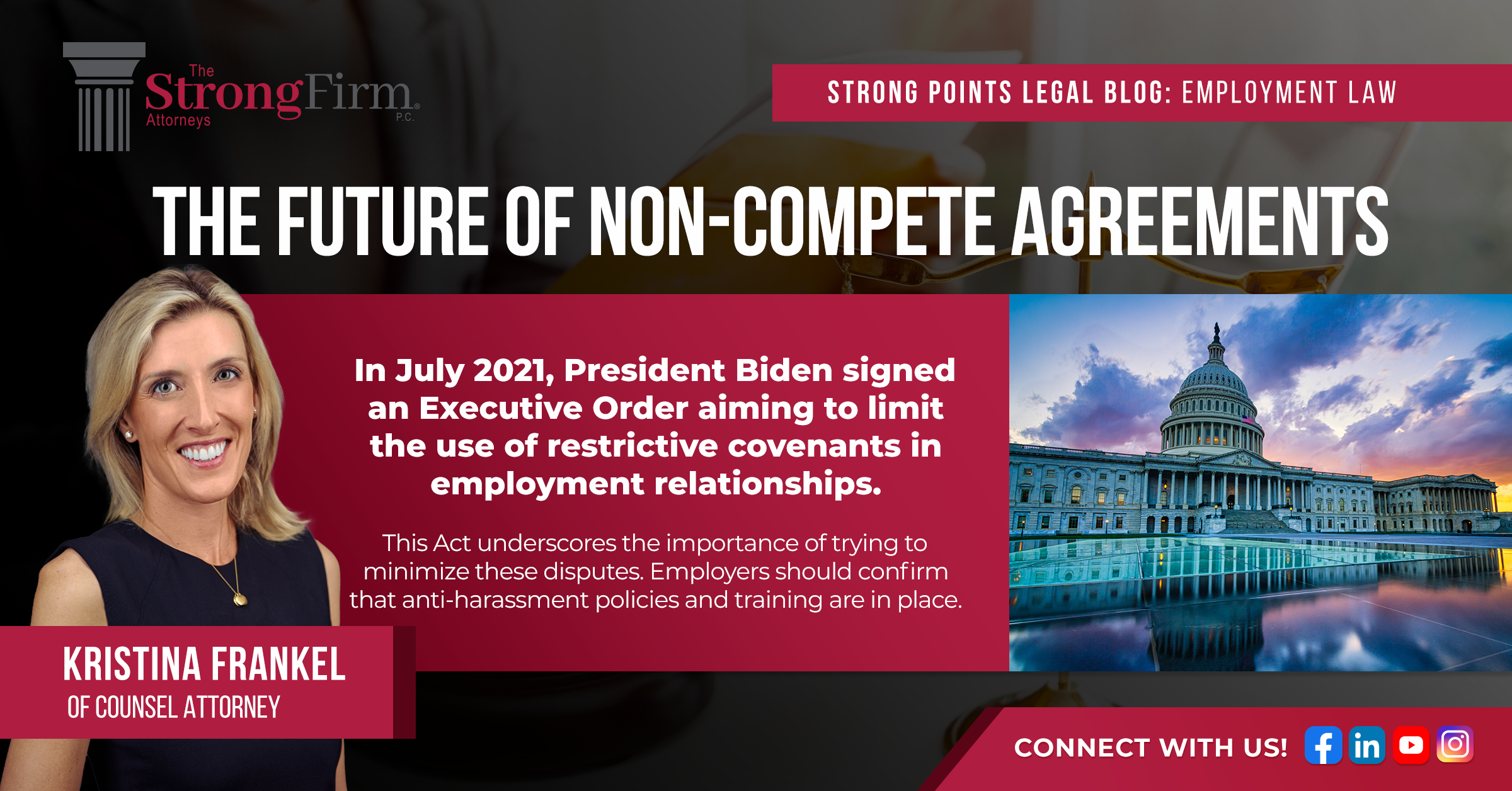Potential Risk and Liability for Scammers Stealing Identities and Royalty
The oil industry is an interesting mix of the “wildcatter” attitude partnering with property owners (both surface and mineral) to work toward finding and producing valuable oil and gas for the benefit of all. Since Edwin Drake’s first oil well in 1859 in Pennsylvania, oilmen in oil rich states have been producing oil and gas while compensating property owners via a “royalty” on that production. With over 150 years of production in the United States, ownership split through many generations, has made tracking and paying royalty owners an ever more complicated task with each passing year. It is in this arena where scammers have begun to target royalty owners, oil companies and even state governments to steal identities and corresponding royalty interests.
Because of the monumental work involved, most oil companies have complete departments (land, division order and/or revenue accounting departments) dedicated to researching, tracking, documenting and paying these royalty owners. These professionals receive inquiries and information from individuals and institutions every day for use in trying to understand and document these interests. Eventually, if after taking reasonably action, an oil company owing the royalty to a third party cannot figure out who owns it, the interests are supposed to “escheat” to the state in which the royalty was due and end up on an “unclaimed property” list for that state.
These unclaimed property lists in most states are online and fairly easy to browse and study. Scammers with lots of time and often fairly good computer skills begin compiling information on various interests that may be out there unclaimed all over the country. They begin searching obituaries, death records, unclaimed property lists and other information at their fingertips and gathering enough information to become creditable with third parties. If they can get identity information, like a social security number, they then can contact oil companies and/or state unclaimed property offices and begin the process of trying to convert those interests into their own name, into the name of someone whose identity they’ve already stolen or simply steal the identity of the actual owner. If they can get the interest released to them by an oil company or the state, they then easily can convince others it’s theirs. The victims in these cases are often completely unsuspecting because they may not know the interest even exists. In some states the victim can be the State which eventually may obtain the unclaimed interest. And the oil companies, if they negligently release private information or fail to take reasonable steps to determine proper ownership, leading to damage to an individual, they could be held liable on a civil basis or under many federal and state personal information protection laws. For these reasons, professional landmen, royalty accountants and division order analysts need specific training in how to identify and stop these scammers. If our firm can be of help reviewing policies and/or providing seminars on this topic, please give us a call.
Bret L. Strong
Phone: 281-367-1222
Fax: 281-210-1361




























